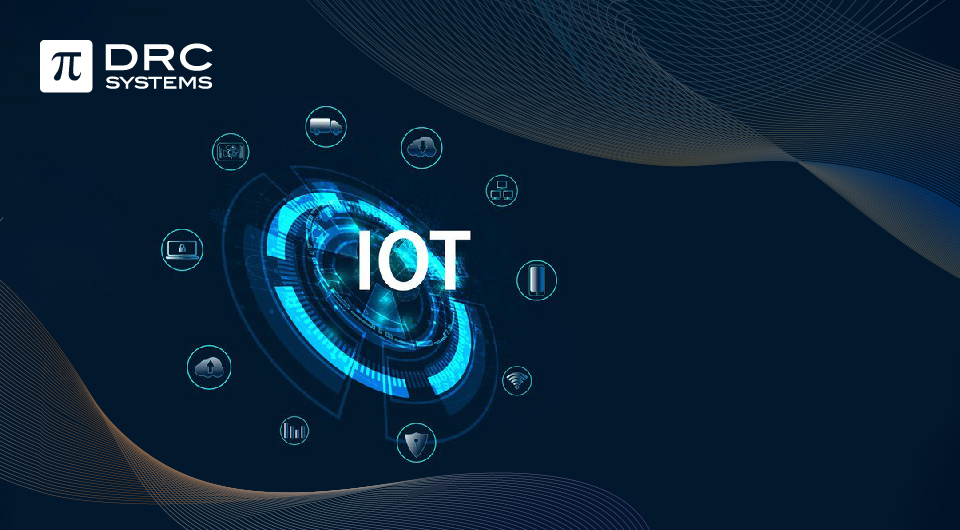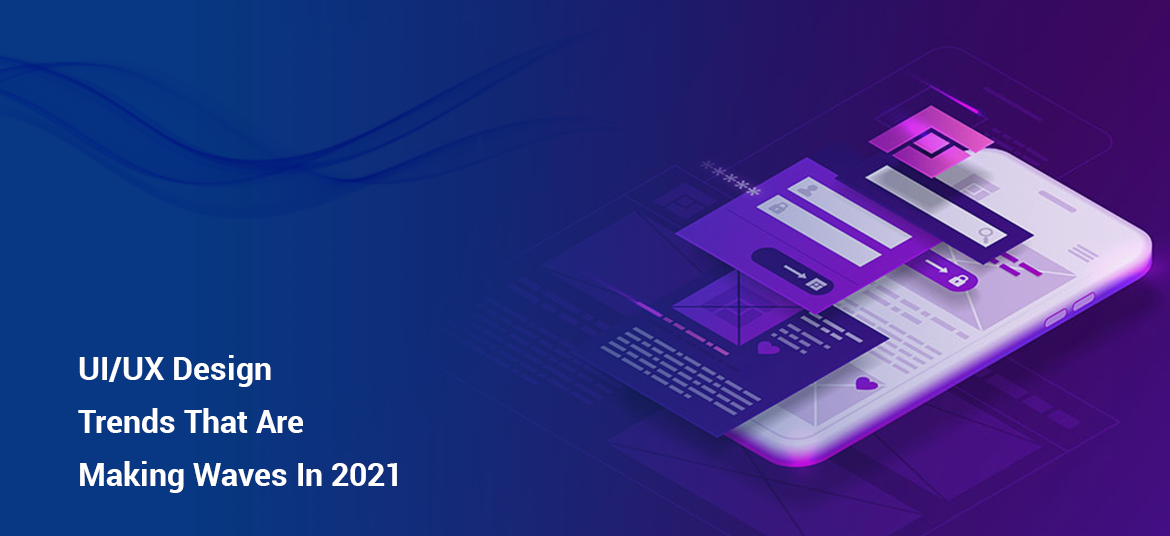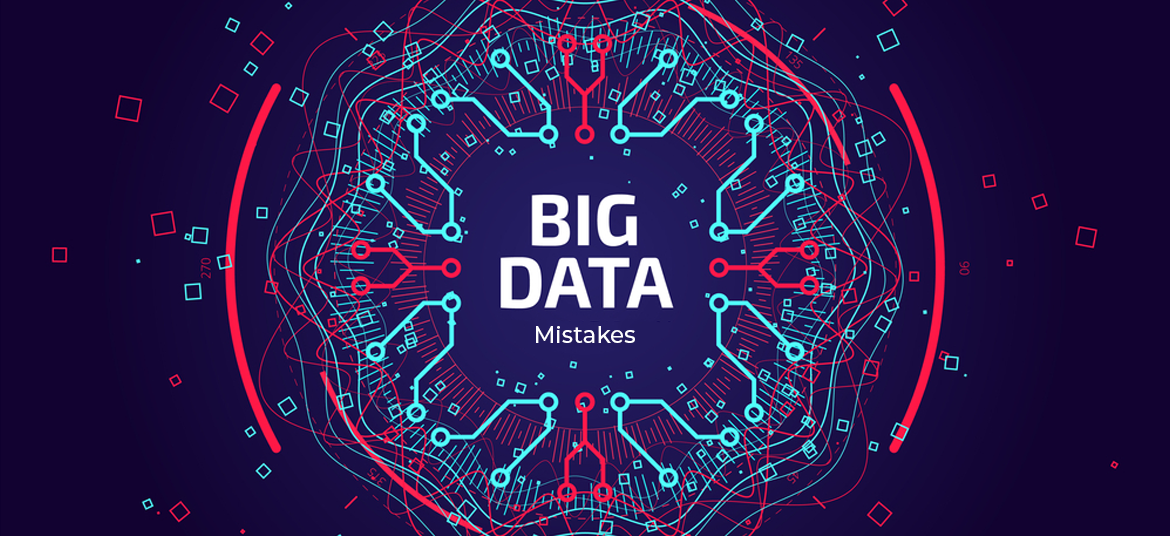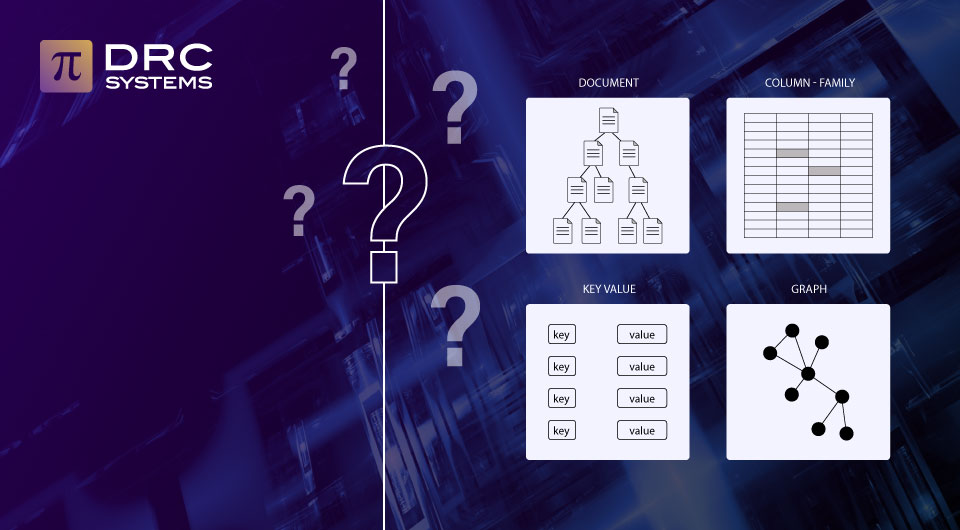Related Articles
Top 15 UI/UX Design Trends Making Waves in 2021
The top 15 old and new UI/UX designs that are reaching new heights in 2021.
Read The PostTop 11 Big Data Mistakes Every Business Should Avoid In 2022
Big Data is useless unless properly refined and analyzed before using it to retrieve insights for business growth. Here are the 11 Big Data flaws every business should avoid in the world of data analytics.
Read The Post4 Types of NoSQL Databases and When to Use Them
NoSQL databases are popular among developers building software and applications. What is the reason? Unlike relational databases, they offer greater…
Read The Post


